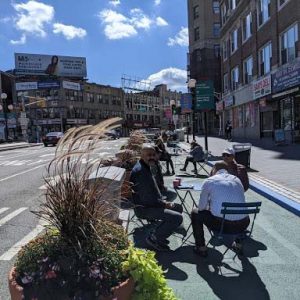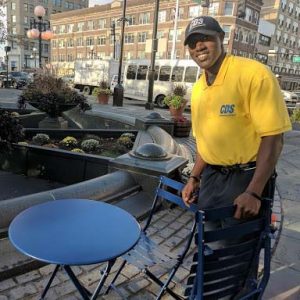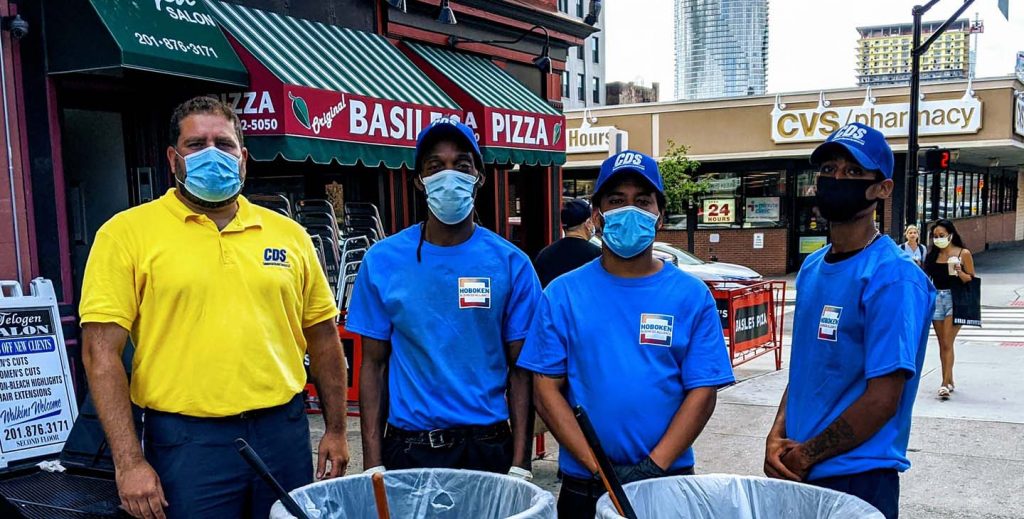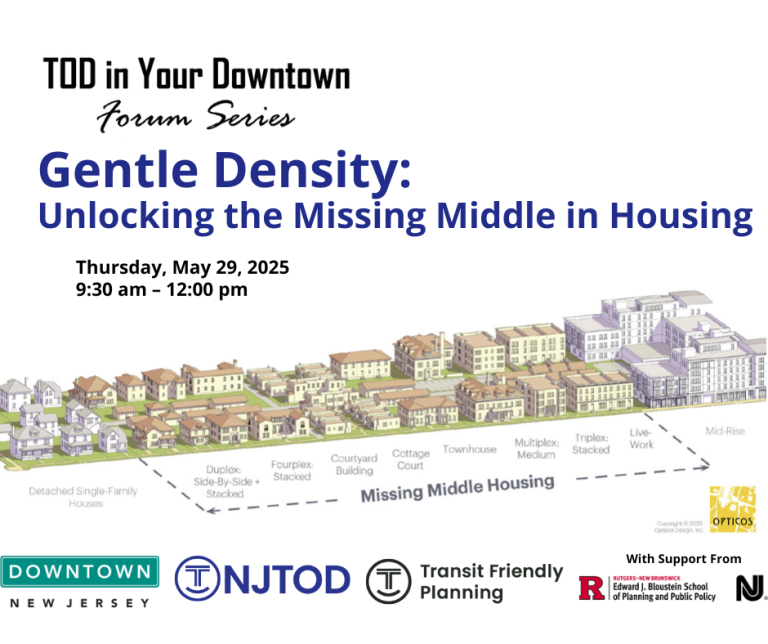Danielle Russell
Creative Placemaking and Communications Manager, Commercial District Services LLC
October 19, 2020
The COVID-19 pandemic has hurled both new and existing issues to the forefront of public space considerations, forcing placemakers and public space managers to rethink the way we plan, design, and program public space. At Commercial District Services (CDS) we are applying the lessons we’ve learned since the beginning of the COVID-19 pandemic to our current approach of public space management.
Perhaps most importantly, we’ve learned that access to public space is more important than ever, as it so clearly impacts public health and issues connected to public health such as community policing, social inclusion and equity. All aspects that have been highlighted during the pandemic. In thinking about how these issues impact public space, CDS is reevaluating how our services can be enhanced with the following considerations in mind.
Increasing access to a clean and safe public space. Informal placemaking by small businesses has turned our main streets, parking lots, and sidewalks into semi-pedestrianized spaces. Our public spaces have become crucial for small outdoor social gatherings, allowing users to have a safe space to connect with friends and family, and offering a retreat from the confines of their homes while maintaining social distancing. Such spaces have a direct positive impact in terms of social inclusion, mental and physical health while simultaneously becoming dangerous with the heightened opportunity for the spread of COVID-19. This enigma has created a public health paradox, where access to public open space is both increasingly important to everyday life but also presents an increased threat to human life.
With these observations in mind, CDS is rethinking how we leverage public space to better support public health and how we program our public spaces in a new normal. To achieve this, we are:

Photo Credit: Commercial District Services
- Installing socially distant public seating areas (right) within existing common areas or underutilized spaces that can support local restaurants for dine-out seating, without impacting other opportunities for curb-side pick-up and business operations.
- Working to develop free programming in partnership with local health institutions to provide equitable access to community members for education, training, and testing services.
- Implementing strategic signage with messaging that both invites users into the space and encourages best practices for remaining safe within the space (i.e. maintaining social distancing, wearing face masks and using hand sanitizer when possible).
- Exploring ways to increase access to public wi-fi in the hopes that it will not only support digital equity for those who might not have access to stable wi-fi in their homes, but also provide alternative spaces for people to perform work and school assignments.
Creating a socially just street ambassador program. While COVID-19 brought about an unprecedented public health crisis in 2020, this year has also seen public protests erupt in communities across the U.S. in response to systemic issues around social and racial injustice. These protests have inspired us at CDS to rethink our approach to quality-of-life management and our ambassador program.

Photo Credit: Commercial District Services
As public space managers, our ambassadors often encounter unsheltered populations and those with chemical and alcohol dependency issues that may present a threat to themselves and others. While we acknowledge the realities that come with managing public spaces, we also understand there are often underlying issues of past injustices that contribute to an atmosphere of mistrust between a member of the at-risk or unsheltered population and a member of the police or anyone perceived to be in a position of power and authority.
Today we’re strengthening local community policing efforts through our quality-of-life ambassador program—flipping the script on how we address things like open-container violations, sleeping in public, and chronic homelessness, to focus more regularly on compassion and communications, instead of enforcement, with the idea that elevating people from whatever stage they’re at in life will ultimately lead to better outcomes for them and our community stakeholders.
In order to achieve this goal, we are:
- Opening up lines of communication with local social-work organizations, sobering centers, shelters, police, and emergency units to provide more readily available information on support programs and connecting people with those programs.
- Engaging with those in need and working to connect them with family members and friends who can provide them with temporary or more permanent support.
- Identifying and assessing those individuals who may be dealing with comorbidity issues and connecting them with the appropriate medical help.
We recognize the significant work and resources this pivot demands of us all but we believe strongly that our first duty as stewards of public space is to act as human beings. To move forward, to create better public space, we must manage public spaces in a way that promotes equity among all populations and to engage with each member of the public in a manner that encourages trust and preserves human dignity.
Danielle Russell holds a Masters of Science in Urban Placemaking & Management from Pratt Institute. Ms. Russell anchors CDS’s placemaking and place management activities focusing on the design and implementation of supplemental seating areas, activating public spaces, advocating for inclusivity in planning public spaces, and elevating the voices of those within the communities where CDS serves.
Commercial District Services is a New Jersey based firm that specializes in all facets of public space management with a staff of accomplished professionals who support public and private stakeholders in the critical conversations and community planning needed to create real change. Working with non-profit organizations as well as municipal entities and private developers, CDS empowers clients with the knowledge and skills to transform their communities. For more information, visit www.publicspaces.com.



